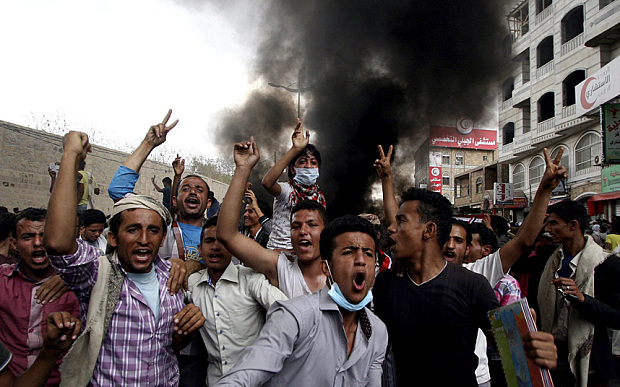There is quite a series of Republican politicians declaring that they would not invade Iraq if they knew then what they know now. JEB Bush is not the only one. Ted Cruz has made Talking Points Memo happy with a similar declaration.
Earlier in the week, Kelly asked Bush if he would have authorized the invasion, and he said he would have. On Tuesday, Bush told Sean Hannity that he hadn’t heard the question correctly and wasn’t sure what he would have done. Cruz, on the other hand, said he knows what he would have done.
“Of course not,” Cruz said in response to Kelly asking if he would have authorized an invasion. “I mean, the entire predicate of the war against Iraq was the intelligence that showed they had weapons of mass destruction and they might use them.
Of course, the “WMD” argument is a more recent addition to the story. Nobody talks anymore about why Bush was forced to invade in 2003. WMD were a small part of it. That is forgotten, of course.
Mr Speaker, thank you for recalling Parliament to debate the best way to deal with the issue of the present leadership of Iraq and Weapons of Mass Destruction.
Today we published a 50 page dossier detailing the history of Iraq’s WMD, its breach of UN resolutions and the current attempts to rebuild the illegal WMD programme. I have placed a copy in the Library of the House.
At the end of the Gulf War, the full extent of Saddam’s chemical, biological and nuclear weapons programmes became clear. As a result, the UN passed a series of resolutions demanding Iraq disarm itself of such weapons and establishing a regime of weapons inspection and monitoring to do the task. They were to be given unconditional and unrestricted access to all and any Iraqi sites.


